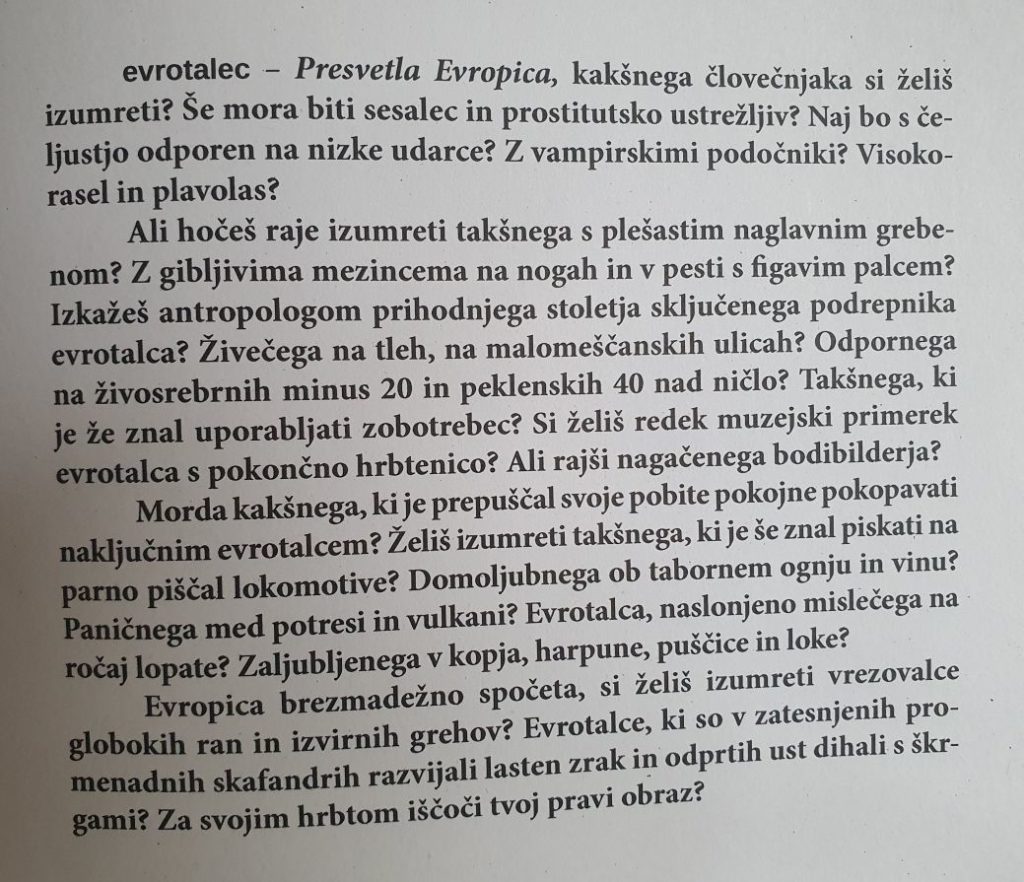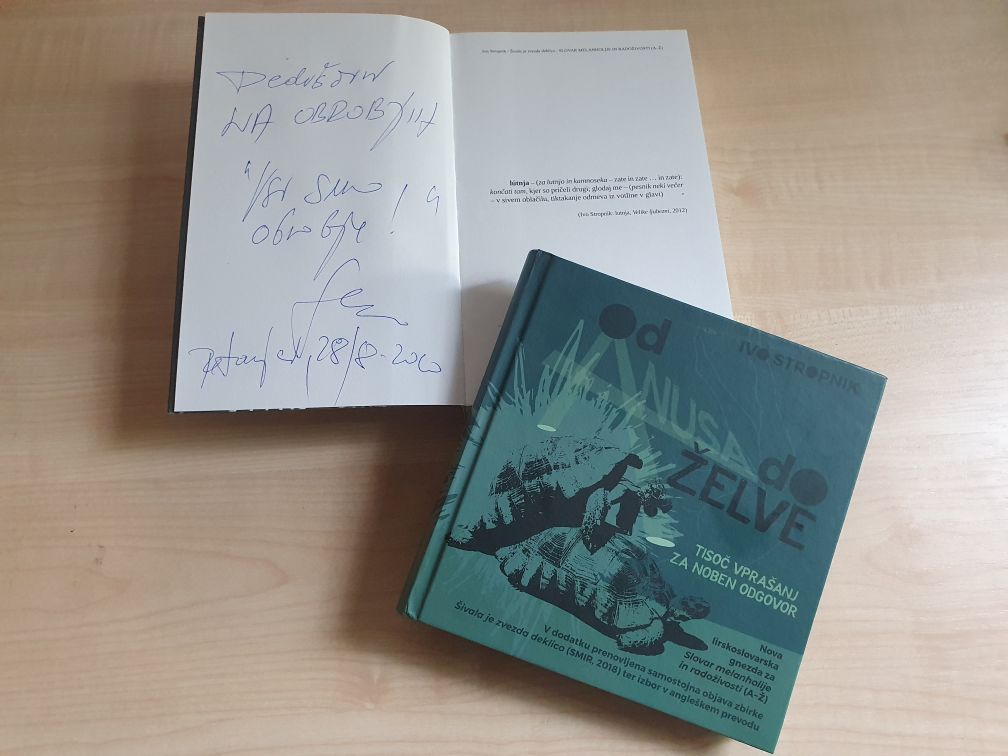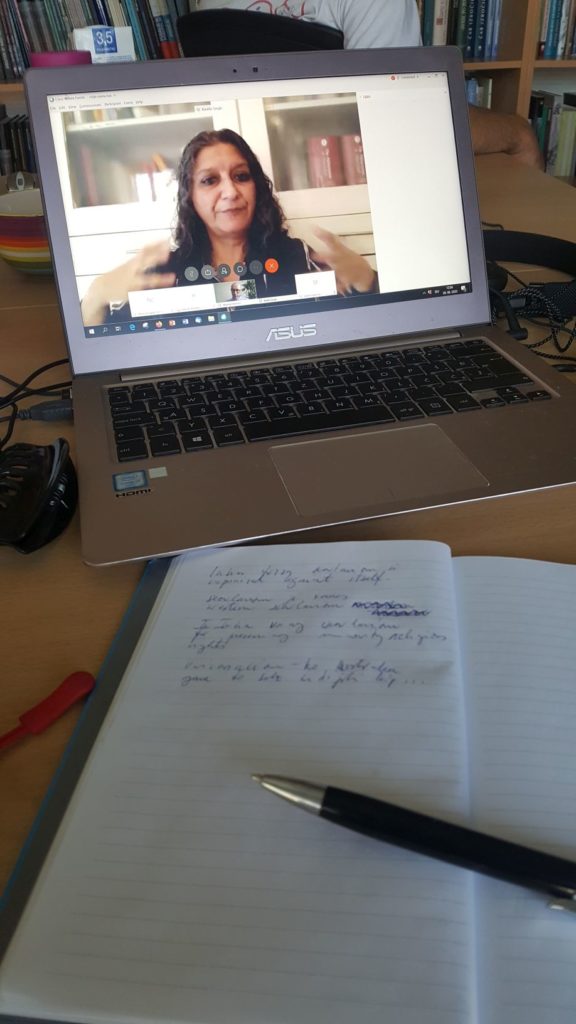5th Biennial ACHS Conference
Between 26th and 30th August 2020, the 5th Biennial Conference of the Association of Critical Heritage Studies (ACHS) took place on a virtual conference platform instead of at the University College London.
The conference’s theme – futures (inspired also by the project Heritage Futures) – aimed to engage seriously and critically with the often stated aims of heritage to address the concerns of future generations, whilst also asking participants to think expansively and creatively about the future of critical heritage studies as an emergent field of focus across a range of academic disciplines.
Papers and sessions explored a range of issues, including the future of critical heritage studies; newly emerging concepts, themes and methods for the study of heritage; the future of heritage management, governance and diplomacy; evolving and nascent forms of heritage, and how they might be recognised; heritage as future-making; future politics and policies of heritage; the “time” of heritage and its relationship with the past, present and future; future impacts of climatological, ecological, economic, political and social change on heritage; future relations of natural and cultural heritage in the light of the recognition of the Anthropocene; and the future of heritage itself.
All topics and discussions, and especially key lectures were impacted by recent events (corona pandemic and the Black Lives Matter movement) and by persisting processes, such as migrations and environmental changes. Hence the participants at the opening plenary discussion, Benjamina Dadzie, Subhadra Das, Aleema Gray, Keith Magee and Wayne Modest, and co-chairs Rodney Harrison and Mirjam Brusius, explored the role of archives, heritage and museums in both perpetuating and challenging systemic racism and the experiences of academics, practitioners and institutions in addressing these issues. Karen Salt re-centred refusal by asking what does refusal give to those engaged in timeless struggle and how can it produce a heritage for those whose future is held in abeyance. Sharon Macdonald asked herself how does heritage need to be done to contribute to more positive modes of worlding. Kavita Singh discussed the relationship of secularism, heritage and belonging, and Dolly Jørgensen the modes that the heritage sector has been and can be engaging deliberately with the ongoing extinction crisis.
Several papers were presented by the researchers of the programme Heritages on the Margins: In her paper Strauss on the Ou River in the session on mobilities and migration Martina Bofulin discussed shifts in diasporic heritage-making in an overseas Chinese hometown. Špela Ledinek Lozej presented disonances at heritage-making of the foodways and food in Slovenia, while Marjeta Pisk focused her researc on the landscape heritagization in the case of the Trilateral Park Raab-Goričko-Őrség. In the paper Back to the Future Nataša Rogelja Caf presented heritage walking experiment in the session of future methodologies in critical heritage studies.
The members of the program group followed the virtual conference from the ZRC SAZU Research Station in Petanjci. On the eve of the last day of the conference, the poets Gaia Ginevra Giorgi, Sameer Sayegh and Ivo Stropnik enlivened us in the Garden of Remembrance and Comradeship by reading their poetry. The latter read the poem titled Evrotalec [Eurohostage], which illustrates the diversity (of searches and delusions) of the European paradigm. We thank the author for permission to publish it and for the two editions of Slovar melanholije in radoživosti [Dictionary of Melancholy and Joy].

Ivo Stropnik, Evrotalec [Eurohostage]. From the collection Od anusa do želve: Tisoč vprašanj za noben odgovor (Velenje, 2020, p. 21). Photo by Špela Ledinek Lozej, 2020. 
Books Od anusa do želve: Tisoč vprašanj za noben odgovor (Velenje, 2020) and Šivala je zvezda deklico (Velenje, 2018) with the aouthor’s dedication. Photo by Špela Ledinek Lozej, 2020.

